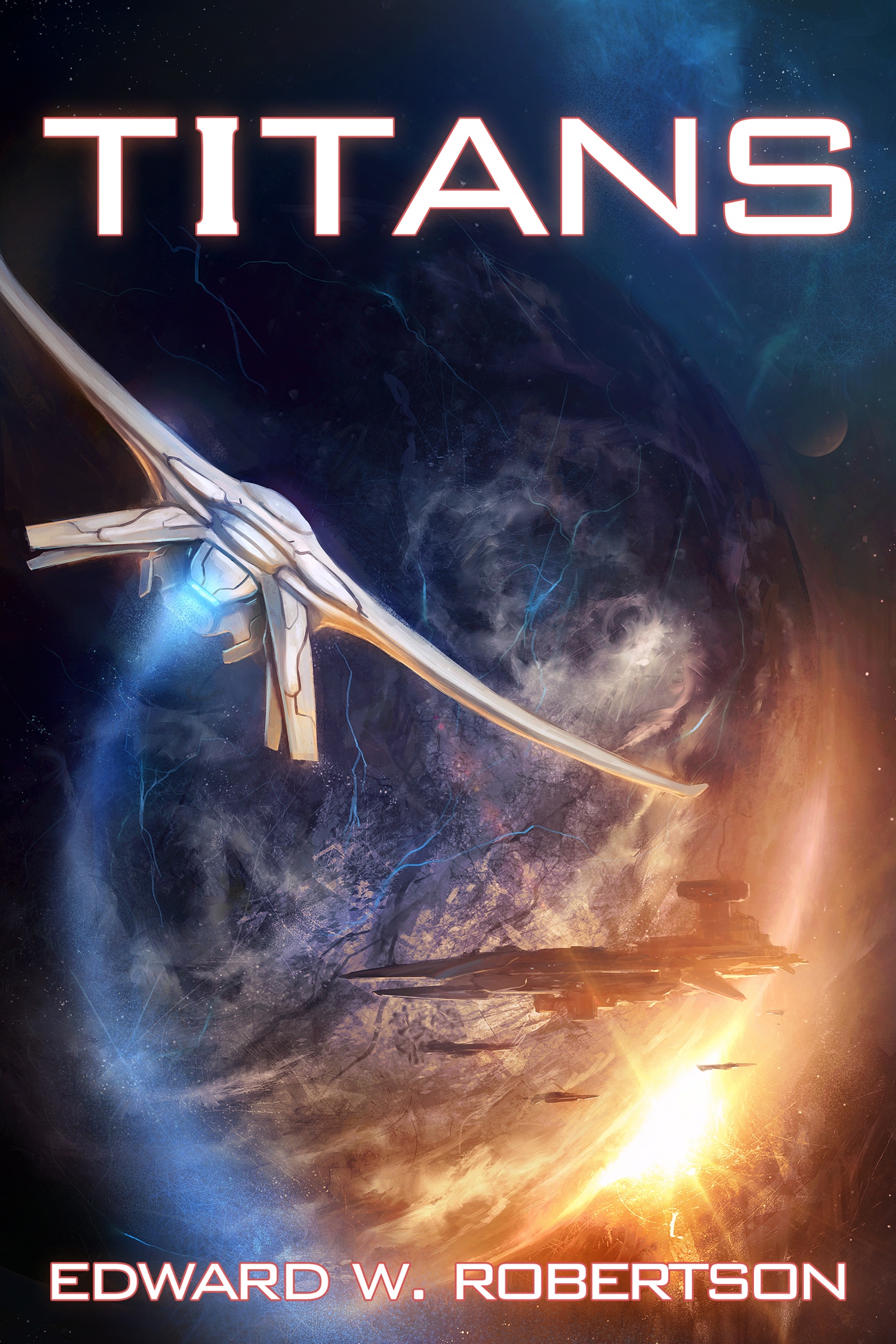Literary agent Nathan Bransford is hosting a first paragraph contest on his blog, wherein would-be authors submit the opening paragraph of their novel to be judged against all the other entrants. Among the cool but minor prizes, finalists will receive a query critique, and the grand winner can choose between that, a critique of their partial manuscript, or a phone consultation. Not entirely sure what that last one entails, other than speaking live about your work with an actual agent, which is, honestly, more professional contact than 90% of us chump entrants is ever likely to receive.
Bransford opened the contest just over 36 hours ago, you see, and with about 42 hours left to go, he’s already got 1600+ applicants.
I’ve read several other entries, and though I’ve never read a slushpile, it looks like the lowest-quality submitters have by and large been filtered out, likely due to the dual screening process of a) having to be an internet-user to enter and b) the whole “submitting to a public forum” thing. With very few outright awful entries, what’s left is a lot of not-good stuff, a whole lot of not-bad-but-not-great stuff, and a small but not insignificant wedge of quality material.
Reading all these different openings is fascinating–you get a good glimpse of just how many ways there are to begin a long work of art–but the point it suggested to me is these represent 1600+ fucking unpublished novels, all written by people of obvious dedication (novels don’t write themselves, no matter how much you shout at them), every one of whom is competing for an agent’s (and, eventually, publisher’s) attention.
How do you make your work stand out from the madding crowd? Browsing those entries, a few tricks are obvious: open with conflict from the very first sentence, raise questions in the reader’s mind, make them so hungry to find out what comes next they can’t help reading more.
That’s what any agent will suggest, too, and what you’ll hear in any fiction class. These are the methods that can be learned, tools that can be grasped and sharpened, consciously employed at the start of any piece of fiction.
But there’s one other thing that stands out, too. Some entries just have it and most simply don’t: Talent. The skill with language that makes good writing good. When you see it, you know it, but it isn’t a trick or a tool, a mini-formula you can pick up the first day of class and have forever more. And, Dan Brown notwithstanding, talent is critical to eventual success.
There’s two ways I know of to get it: be born with it, and work your fucking ass off to develop it. Among those 1600 applicants, you know some of them have it. Some of the ones who don’t have it right now are going to bust their humps until they do. For those of us who have to have that life, we have to work even harder. You know what they always say: Good writing shines through.






Leave a Reply